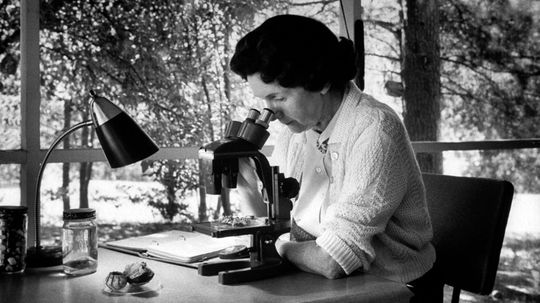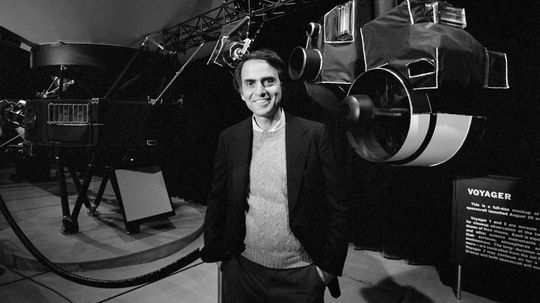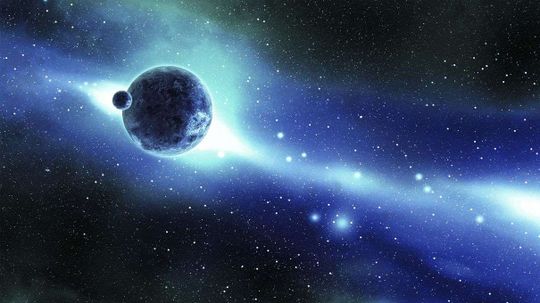Science Dictionary
Do you know what a meteor is, or what scientists mean when they are talking about cryogenics? Our collection of science terms explains the meaning of some of the most common scientific ideas.

10 Scientific Words You're Probably Using Wrong

Can a planet float on water?

Can You Nominate Yourself for a Nobel Prize?

How Do You Win a Nobel Prize?

What Are the Masons?

Quiz: How Much Do You Know About Stephen Hawking?
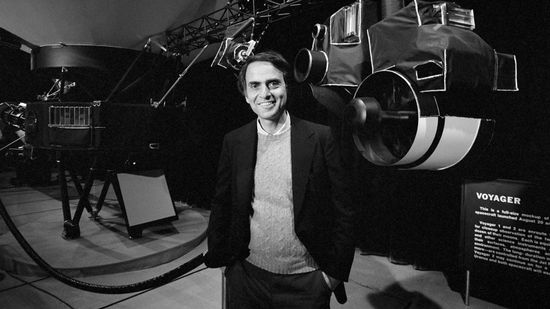
10 Cool Things About Carl Sagan

10 Cool Things About Neil deGrasse Tyson
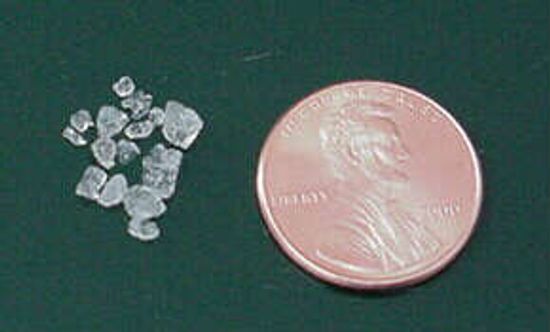
How do polymer crystals work and why do they absorb so much water?

Is a Karat the Same as a Carat?
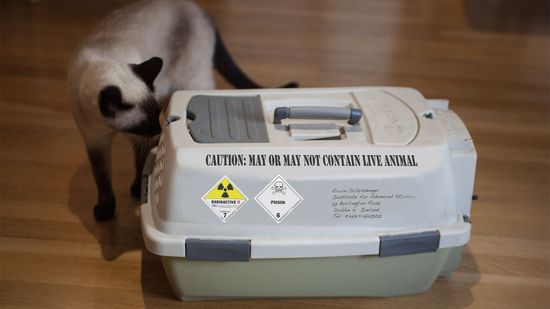
4 Quantum Physics Misconceptions, Busted

Chaos Is Not Randomness: A Complex Systems Scientist Explains
Learn More / Page 3
Einstein famously called the phenomenon "spooky action at a distance," and physicists just won the Nobel Prize for their work on it, but what is quantum entanglement?
He ventured to the abyss of black holes, wagered on the information paradox and floated around in zero gravity. Meet the man, the legend, the super scientist: Stephen Hawking.
How cool would that be to stand amongst the company of fellow laureates like Mother Teresa or Albert Einstein? We have some ideas for scoring you one.
Advertisement
The number 137, which is significant in multiple applications, has long been an object of fascination for physicists, mathematicians and mystics.
The late marine biologist Rachel Carson's groundbreaking book, "Silent Spring," debuted 60 years ago as one of the finest works of nature writing ever.
By Oisin Curran
He starred with Superman, drove the getaway car at Pluto's demise and was voted sexiest astrophysicist by People magazine. Is there anything Neil deGrasse Tyson can't do?
He was born exactly 300 years after Galileo died. He never won a Nobel Prize, although he was awarded a guest spot on “The Simpsons.” What else do you know (or not know) about this acclaimed physicist?
By Jane McGrath
Advertisement
From astronauts to doctors to an archaeologist, we present eight scientists whose contributions to science, engineering and math were inseparable from their identities as Indigenous Americans.
By Dave Roos
He is famous for a phrase he never said, for wearing turtlenecks and for hosting the original 'Cosmos' TV series. As enthusiastic about the stars as he was about marijuana, Carl Sagan led a very surprising life.
Scientists are still trying to figure out the essence of dark matter. If they do, will it lead only to greater understanding, or can we develop new technologies?




